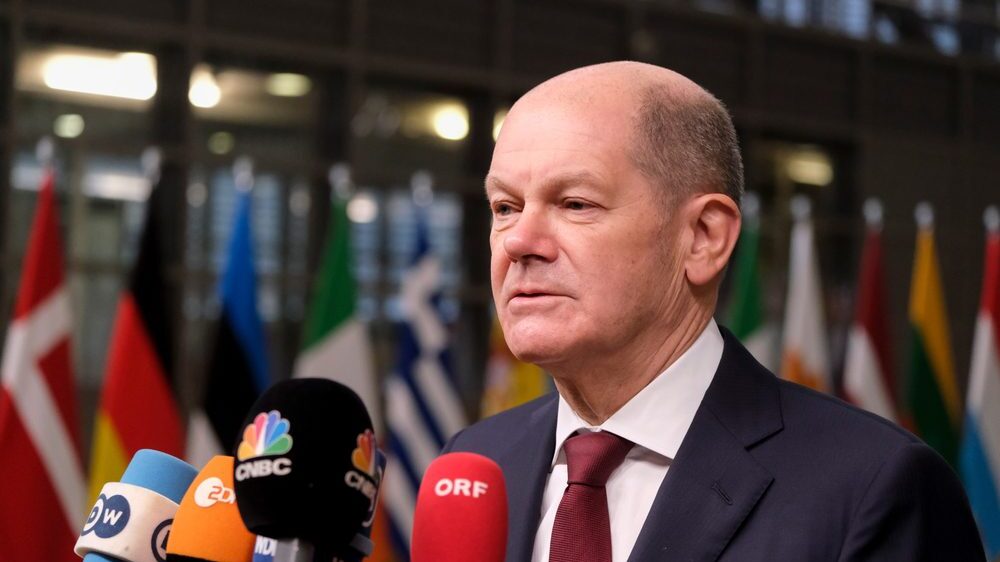
German Chancellor Olaf Scholz.
Photo: Alexandros Michailidis / Shutterstock.com
Germany’s three-party coalition is struggling to hold together over Green issues. Reports say that Chancellor Scholz held an hours-long cabinet meeting on Sunday evening, March 26th, as he sought to quell divisions between his Green and centrist-liberal Free Democratic Party (FDP) coalition partners.
Mutual recriminations bounced between the coalition partners the preceding week: The Greens insist that Germany go further in fighting climate change, while the FDP accuses the Greens of pushing costly unrealistic policies. On display in Scholz’s cabinet is the divisive nature of green policies, which are already causing a populist upset in much of Europe.
The coalition talks went long into the night, as Scholz’s Social Democratic Party (SPD) tried to smooth inter-party fault lines on a long list of issues. Chief among them was the Green Economy Minister Robert Habeck’s plans for German citizens to replace oil and gas heating systems in their homes by 2024. The short-notice plan is estimated to cost regular German households €13,000 per installation.
Infighting flared up last week when the heating regulation plans were leaked from Habeck’s ministry to the German media. Habeck accused his coalition partners of producing the leak and pressed on to reprimand the FDP and SPD, saying “[i]t cannot be that in a progress coalition only one coalition partner is responsible for progress and the others [are] preventing progress.”
FDP’s Wolfgang Kubicki went so far as to compare Habeck’ to Russian President Putin, saying that Habeck has “a similar belief that the state, the leader, the chosen one, knows better than the people what is good for them.”
In spite of this, before the meeting, Scholz said that he was “confident that we are now making a small leap forward.” German media reported that the recent compromise between Berlin and Brussels—to exclude cars that run on synthetic fuels from the EU’s controversial 2035 combustion engine ban—infused the meeting with some optimism.
Still, the meeting’s outcome appeared inconclusive, as the Green’s Chief Whip, Irene Mihalic, stated this morning, “[w]e have a lot of tasks ahead of us … especially in the area of the climate crisis.”
In light of the failure of the Berlin environmentalist referendum, and national transport strikes driven by rising food and energy prices, it is unclear how Germany’s coalition—particularly the Greens—will hold up against the growing unpopularity of its green agenda.
